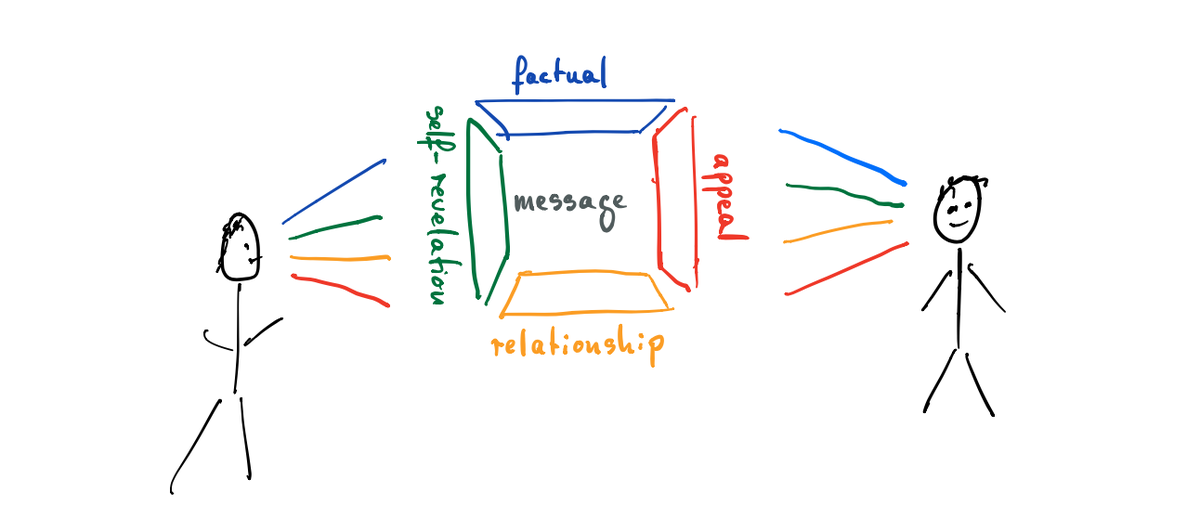
Tuesday's Nobel Prize in Physics is - among other things - a celebration of Giorgo Parisi's contributions to the progress physicists have made in understanding ergodicity and ergodicity-breaking.
Fittingly, though no doubt by sheer coincidence, I was invited a few weeks ago...
Fittingly, though no doubt by sheer coincidence, I was invited a few weeks ago...

...by Annalen der Physik - yes, the journal which publishes the Physics Nobel Lectures - to write a review article on Ergodicity Economics. So I'm using all my channels to find out what people have done.
If you have used concepts and techniques surrounding ergodicity in work which deals with economic processes, please let me know and consider submitting it to #EE2022, @EE_Conf_LML via:
ee2022.rsvpify.com
Abstracts will be accepted until 17 October 2021.
ee2022.rsvpify.com
Abstracts will be accepted until 17 October 2021.

Speakers include Jean-Philippe Bouchaud, who has worked extensively on ergodicity in physics, finance and economics, @ProfJohnKay, @TaroniAndrea, Giulia Livieri, @UCherubini @HarryDCrane @rorysutherland, and myself.
The full program will be published on 15 November.
The full program will be published on 15 November.

• • •
Missing some Tweet in this thread? You can try to
force a refresh






